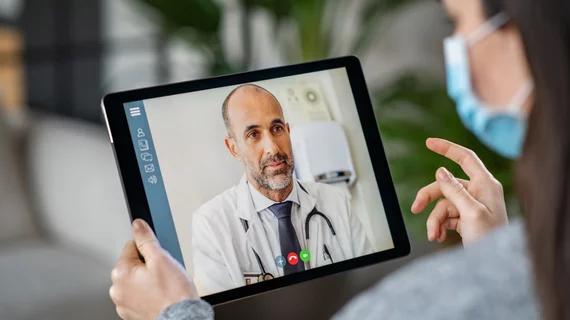Google Cloud scores 6-year run with IDN reorienting toward tech-enabled patient experience
An integrated delivery network that covers five and a half million lives is bringing in Google Cloud to help build and maintain a patient-centric platform with advanced analytic and AI capabilities.
Pittsburgh-based Highmark Health is announcing the engagement will run for six years.
The organization, which has members in West Virginia and Delaware as well as Pennsylvania, says it’s looking to defragment the patient experience “with a more coordinated, personalized, technology-enabled” model.
It also wants to use data to unburden clinicians of administrative tasks and supply them with meaningful patient information.
Highmark Health will control access to the platform and, together with Google Cloud, form a review board to oversee data ethics and privacy.
Highmark says it’s creating around 125 new jobs to support the platform’s development. Most of the hires will be placed in application development, cloud-based computing architectures, analytics and user experience design.
Karen Hanlon, Highmark Health’s executive vice president and COO, says the organization arrived at this point after considering how the “entire health experience should be re-engineered with [patients] at the center. … [W]e had to change our organization by breaking down old paradigms and barriers, leveraging resources across our enterprise and bringing a differentiated approach to healthcare, which includes the development of a powerful technology platform to turbo-charge the model.”
Andrew Moore, VP of industry solutions at Google Cloud, adds that the “combination of Highmark Health’s deep understanding of patient behavior and clinical best practices with Google Cloud’s technology capabilities, including artificial Intelligence and machine learning expertise, will accelerate access to the most cutting-edge tools for people to improve their health.”
Full announcement here.

